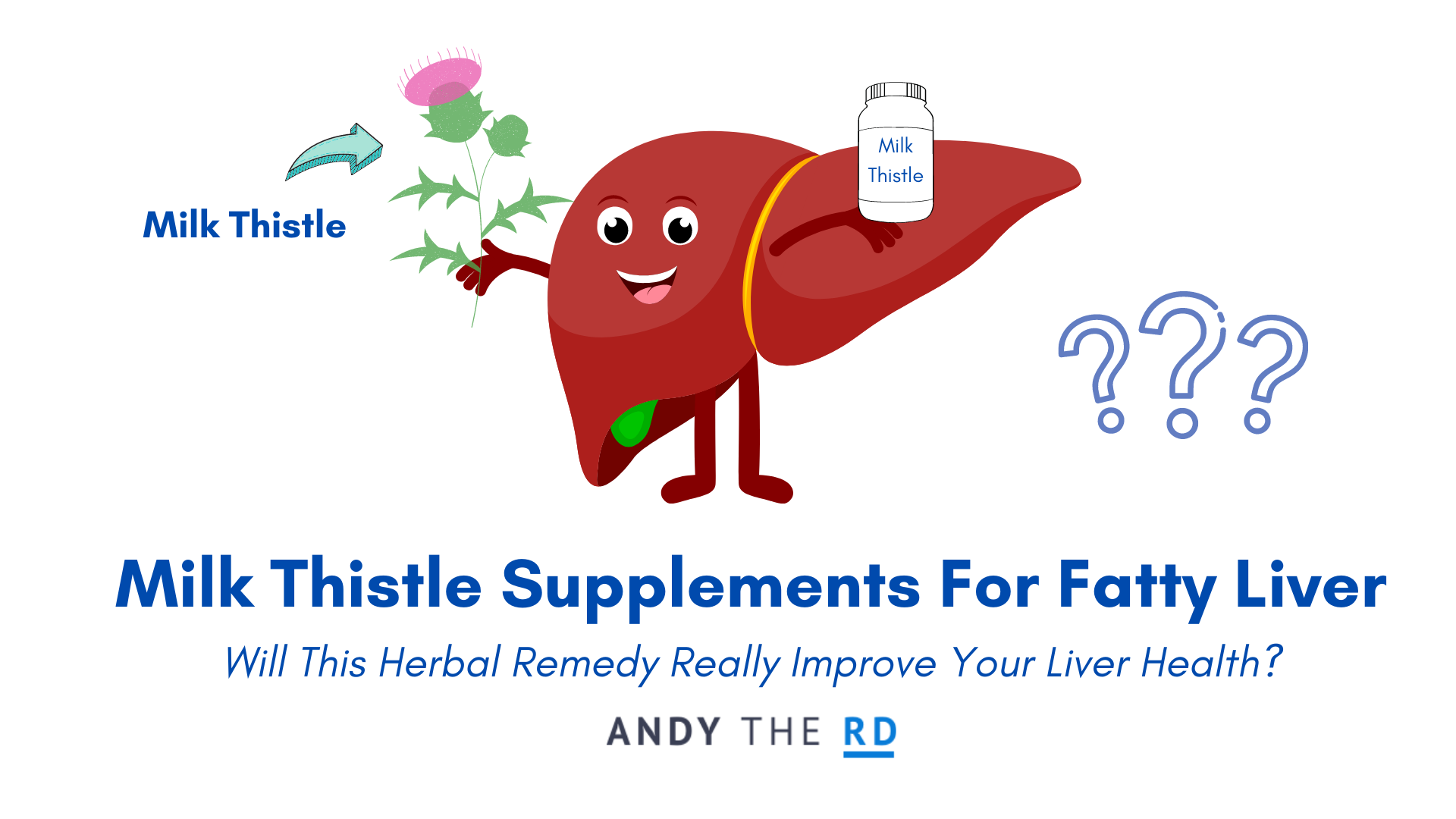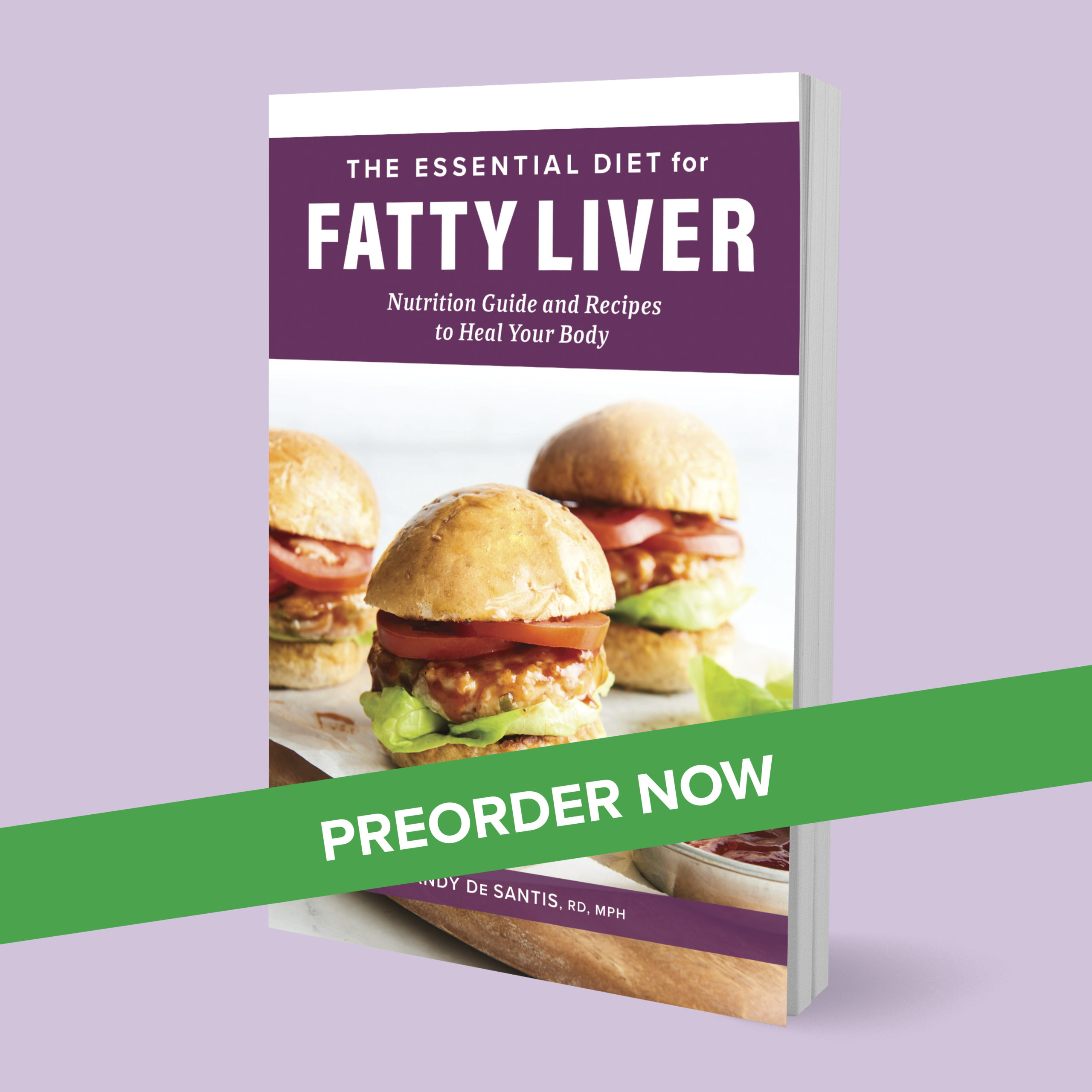Milk thistle, scientifically referred to as Silybum marianum, is a herbal remedy that has long been considered to offer unique benefits to the liver.
Its primary active ingredient, Silymarin, has been demonstrated in some capacity to have strong antioxidant and anti-inflammatory effects and, as such, has generated interest as a potential supplement of some utility in the management of fatty liver disease.
Given the subject of my latest book, The Essential Diet For Fatty Liver, there was no question that I needed to take some time to explore the evidence around Milk thistle.
If you are newly diagnosed with NAFLD and need the knowledge, resources and recipes to help fight back – my new book has you covered and can be pre-ordered via the image above.
With that said, let’s get into the thistle of things.
Milk Thistle For Fatty Liver – Does It Help?
What I’m interested in finding out in today’s post is whether or not it makes sense for someone living with fatty liver disease to pursue supplementation with milk thistle according to the best available scientific evidence.
In 2005, American Family Physician said there was “Insufficient evidence to recommend milk thistle, but that it appears to be safe.”
Since then, a number of systematic reviews & meta-analysis of experimental studies on milk thistle supplementation have been completed.
These include:
A 2021 paper out of the Nutrition journal which concluded that silymarin was effective at reducing transaminase (liver enzymes AST, ALT) levels in people with NAFLD.
A 2017 paper out of the Medicine journal which arrived at the same conclusions.
A 2017 paper out of the World Journal Of Gastroenterology which arrived at the same conclusions but questioned the actual practical clinical relevance of the small reductions in these enzyme levels.
Putting It All Together
It seems that there is little question that Milk thistle supplementation has the potential to reduce enzyme levels in those living with NAFLD.
But whether or not this reduction actually offers any tangible benefit is much harder to determine.
A recently published expert review out of Gastroenterology Insights recommends, based on available evidence, that Silymarin supplementation of 140mg x2 daily for 3 month period once liver enzymes reach 1.5-2x there normal levels.
I’ve not seen this recommendation widely replicated by other reputable organizations and ultimately the decision as to whether or not it makes sense to use this supplement will be down to the individual and their healthcare team.
It does, at the very least, appear to have a good safety profile with minimal adverse effects or drug interactions but with that said, there are so many other areas of intervention including specific dietary changes, other supplements and physical activity that have much more evidence behind them as it relates to improving your fatty liver.
My new book goes through them all, so be sure to grab your copy today by clicking through the image below.
Until next time,
Andy De Santis RD MPH
Bonus Content – Omega 3 Supplements For NAFLD
I fully appreciate that, upon diagnosis of a new and challenging condition like NAFLD, there is an undeniable desire to incorporate as many path of least resistance solutions possible to work towards improving your health outcomes.
And that’s exactly where interest around supplements comes in.
With that in mind, I want to touch on the evidence surrounding Omega-3 fatty acid supplements and those living with NAFLD.
Multiple recently published systematic reviews and meta-analysis (1,2,3) have offered evidence that supplementation with the Omega-3 fatty acids DHA/EPA (which are otherwise found only in fatty fish like salmon, trout, sardines) can improve liver enzyme levels AND reduce liver fat content, making them potentially a superior area of focus as compared to milk thistle when it comes to those living with NAFLD.
Want to increase your omega-3 intake through diet? Check out this fatty liver friendly fish recipe listed below.
Want to learn more about another very effective supplement for NAFLD?




